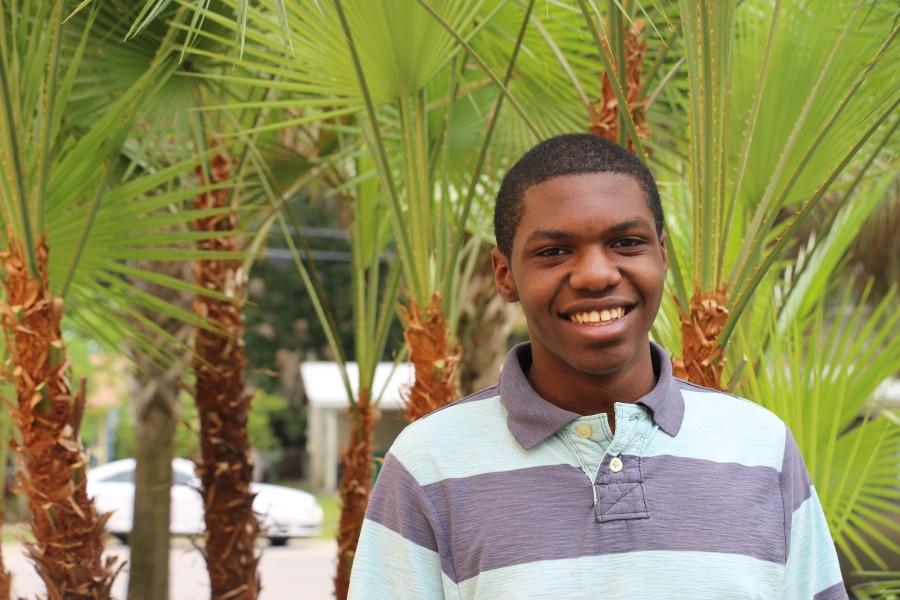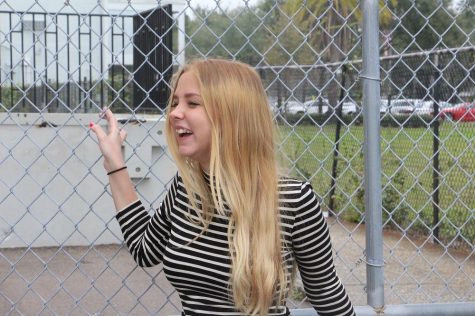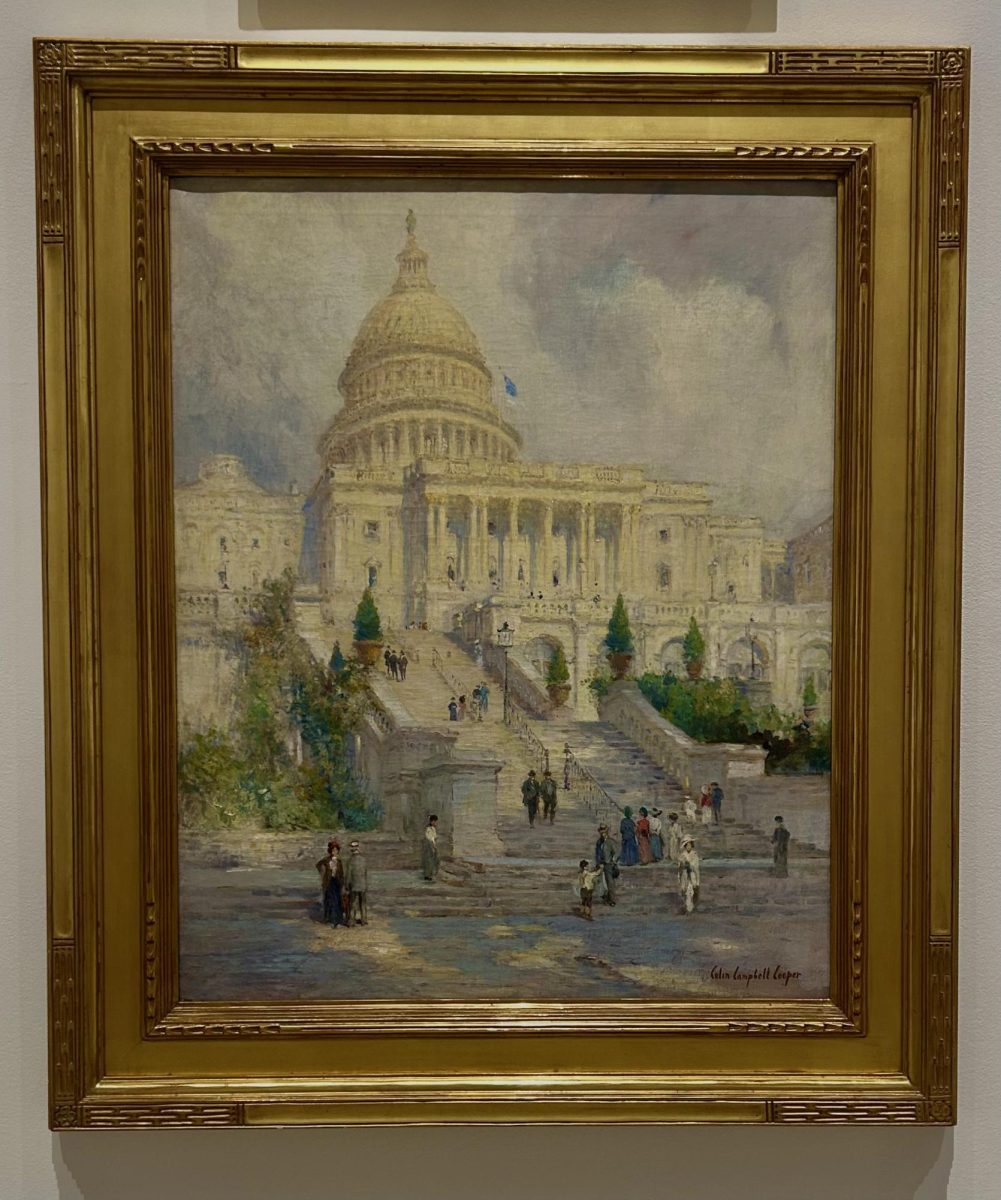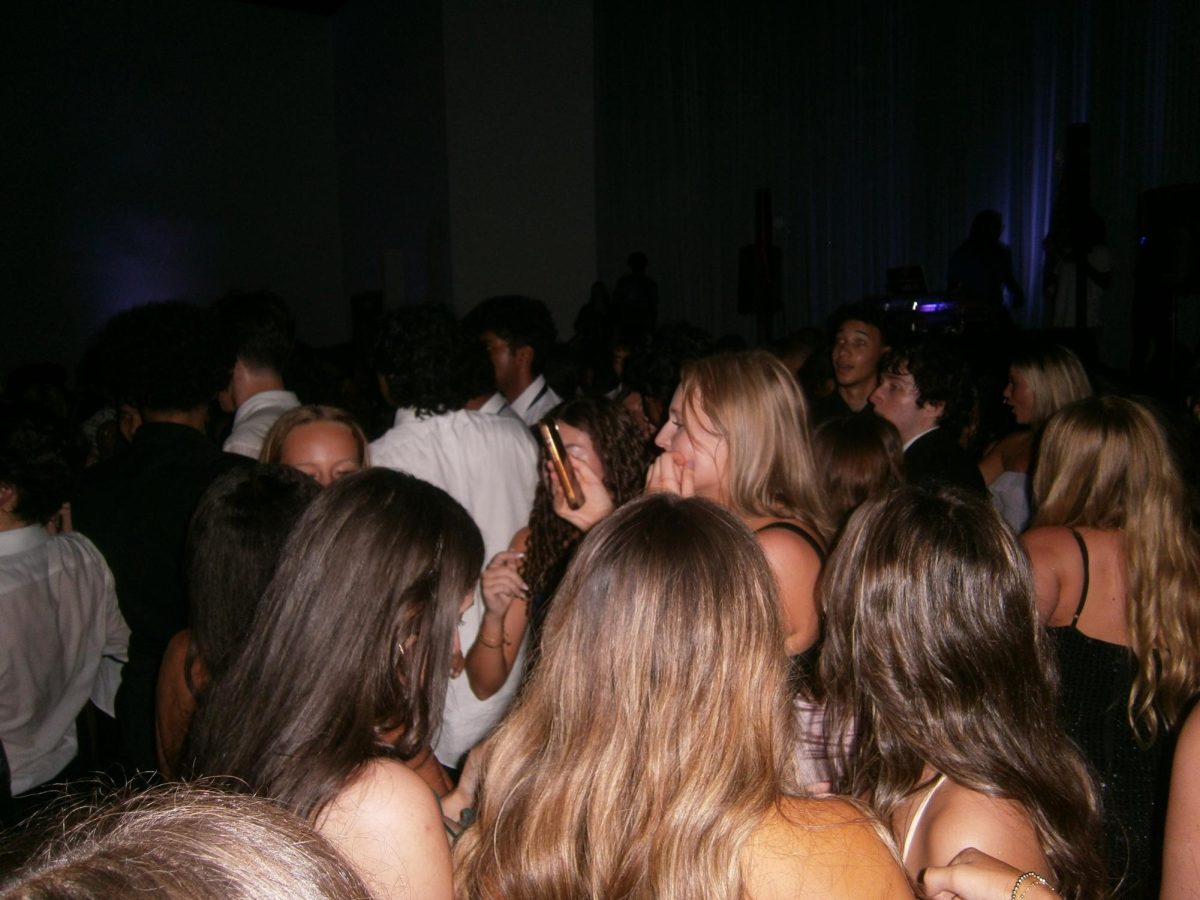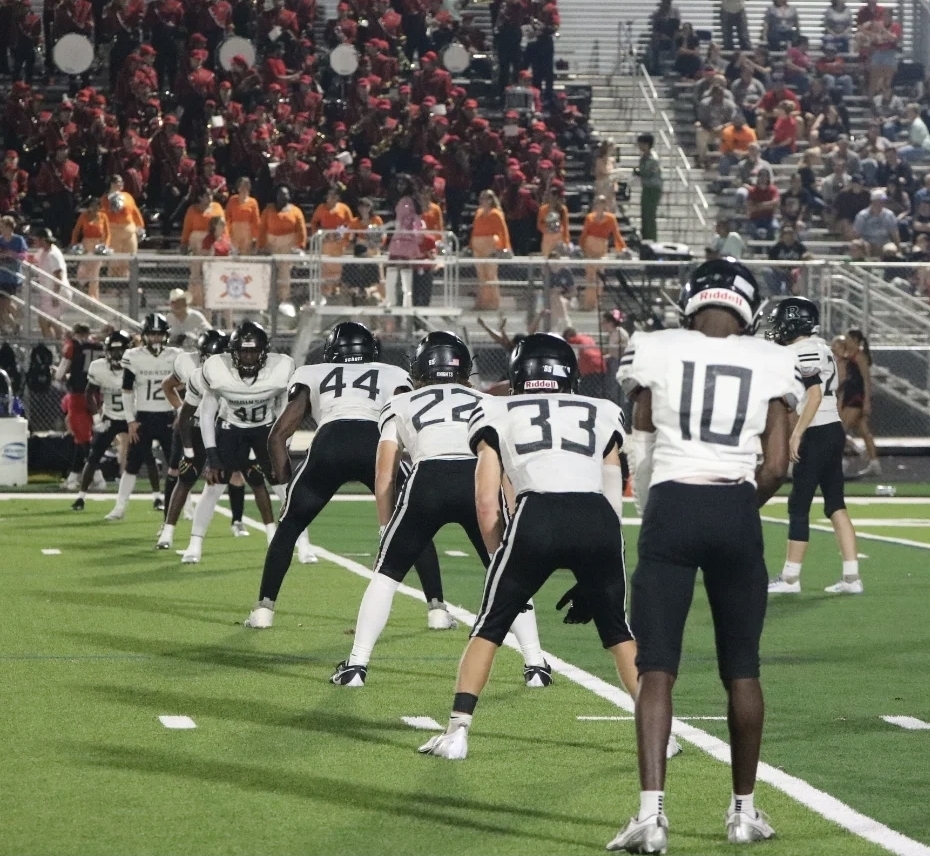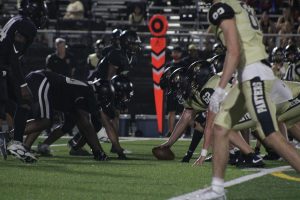Five Minutes with Samuel Sawney, Actor with Passion for Social Justice
Photo K. Corwin
Sam Sawney (’18) has been passionate about social injustice for a long time.
November 9, 2015
Q: When did you start acting for theater? What was it that drew you to the theater program? Does it fit in to your future plans?
A: Last year, so freshman year. I just like entertainment, so I guess theater just kind of fit that. I don’t want to go to college per se, I want to do something in the entertainment industry so an actor, maybe, if not than a producer or whatever, something in the industry for sure though.
Q: What would be an ideal day in your future?
A: Waking up whenever can, like I’m not set to a schedule, basically just letting my day go as is. I don’t want to be bound to something. I just want to wake up and then go, “Oh, what do I want to do today? I want to the park, or I want to go swimming.” I want to just feel alive, I don’t want to have to deal with something if I don’t have to.
Q: What is something unique that other students in the school would be surprised to learn about you?
A: Not really. I mean I’m not the stereotypical black person, so I guess when you talk to me I seem a bit different than the majority. I’m in theater and there’s not many African-Americans in theater, it’s just me and I think maybe one or two others.
[Also] I’m a Boy Scout. It is [a big part of who I am], it changed my perspective on certain things. It taught me a lot about being prepared and the real world, and it helped me with being more social. I’m still quiet like if I’m not sure who you are but as time progresses I’ll start opening up.
Q: What’s something you’re really passionate about?
A: Social injustice, social inequality. So when it comes to racial matters and the sensitive issues I have something I’m really fond of with that. There’s a YouTube link where you can watch my presentation I did at Ignite Tampa. My presentation I said how there’s certain things that are social unjust in so many different ways that we don’t realize it.
Q: Why do you feel so passionately about social injustice? How does stereotyping influence this?
A: I’ve been racially stereotyped a lot. It doesn’t just affect racial, it affects everybody, and I feel like if I just direct it at one group of people I would be [doing] social injustice [on] myself.
I don’t really like [stereotyping] too much, some of it I guess…it’s okay if they don’t mind it, but it gets to a certain point where it shouldn’t define a person, who they are. [Stereotyping is] if you’re black you must be good at track or if you’re black you must be good at football, and clearly that’s not who I am. I am not really skilled when it comes to sports, but if you were to put me on a stage and tell me to do something, chances are I’ll be a lot better at that then if you tell me to oh, go pick up a football and throw it.

